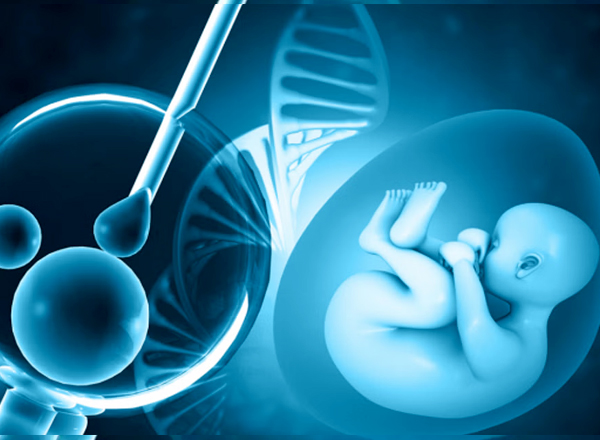
Infertility is defined as the inability to conceive after a year of regular, unprotected intercourse for couples under the age of 35, or six months for couples over 35. There are various causes of infertility, and treatment options depend on the underlying factors contributing to the difficulty in conceiving. Here are some common infertility treatments:
-
Lifestyle Changes: Before pursuing more advanced treatments, healthcare providers often recommend lifestyle modifications. These may include maintaining a healthy weight, managing stress, avoiding tobacco and excessive alcohol consumption, and adopting a balanced diet.
-
Medications: Fertility medications are often prescribed to address hormonal imbalances, stimulate ovulation, or improve the quality of eggs. Common medications include clomiphene citrate, letrozole, and gonadotropins.
-
Intrauterine Insemination (IUI): IUI involves placing specially washed sperm directly into the uterus to increase the chances of fertilization. It is often used in cases of unexplained infertility, mild male factor infertility, or cervical issues.
-
In Vitro Fertilization (IVF): IVF is a more advanced and commonly used fertility treatment. It involves combining eggs and sperm outside the body in a laboratory dish and transferring the resulting embryos into the uterus. IVF is often recommended for various infertility issues, including tubal factors, endometriosis, male factor infertility, and unexplained infertility.
-
Intracytoplasmic Sperm Injection (ICSI): ICSI is a procedure often used in conjunction with IVF. It involves injecting a single sperm directly into an egg to facilitate fertilization in cases of severe male factor infertility or previous fertilization failure.
-
Donor Eggs or Sperm: For individuals or couples with issues related to egg or sperm quality, using donor eggs or sperm may be an option. This is often considered when other treatments have not been successful.
-
Surrogacy: In cases where carrying a pregnancy to term is not possible for medical reasons, surrogacy involves another woman carrying and delivering the baby. The embryo may be created using the intended parents' gametes or through donor gametes.
-
Assisted Reproductive Technologies (ART): ART encompasses various procedures, including IVF and related techniques, designed to assist in the conception of a child.
It's important for individuals or couples struggling with infertility to seek the guidance of a reproductive endocrinologist or fertility specialist. The choice of treatment will depend on the specific diagnosis and individual circumstances. Additionally, emotional support and counseling are often an integral part of infertility treatment, given the emotional challenges that can accompany the process.
